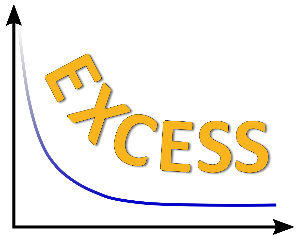Speaker
Description
Interest in detecting coherent elastic scattering of low-energy neutrinos, dark matter particles and physics beyond the standard model brings numerous experiments involving low-temperature solid-state Detectors. The excess low-energy background was found in numerous experiments, with a wide range of detector mass, and using various readout channels: luminescence, conductivity, temperature, or phonon emission spikes. Another often present effect is glass-like relaxation processes in detector materials. We argue that in systems out of equilibrium, including glasses, processes of energy accumulation and unsteady, burst-like releases could lead to excess noise and backgrounds. Moreover, there is a long-standing contradiction in understanding the role of interactions between states bearing excess energy in the description of glasses in solid-state physics and the description of systems with energy flow in chemical physics and physics of complex systems. While these interactions consider not important in glasses, in systems with energy flow interactions bring to life important physical effects. The same problem is present in understanding material sources of noise and decoherence in quantum sensors and qubits. Joint efforts to resolve these contradictions should help to increase the sensitivity of searches for rare low-energy interactions of particles and better understand material sources of decoherence which remains one o the central problem in quantum information science.
This work was performed under the auspices of the U.S. Department of Energy by Lawrence Livermore National Laboratory under Contract DE-AC52-07NA27344. LLNL-CONF-834593-DRAFT
